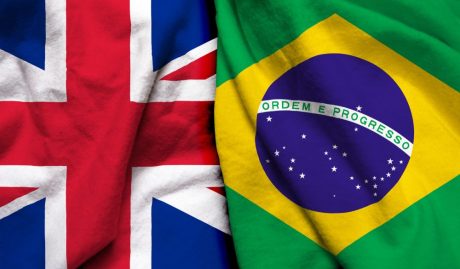The UK’s incumbent government has pledged to “restore stability, increase investment and reform the economy”. An important part of this should be to ensure the UK’s legal system remains the first-choice destination for managing international insolvencies and restructurings, and resolving related disputes. One significant step in doing so would be introducing the UNCITRAL model laws into UK law.
In the Spring 2025 edition of R3’s Recovery Magazine, Head of Insolvency and Asset Recovery Alex Jay reviews the potential for reforms in the UK based on the model laws; Felipe Vieira and Lucas Thedim S. Ribeiro de Barros of Loria e Kaplansky Advogados consider the same for Brazil. The full article explores potential changes both jurisdictions could introduce and how they might make both more attractive places to do business.
What are the UNCITRAL model laws?
The United Nations Commission on International Trade Law (UNCITRAL) has an official mandate “to promote the progressive harmonization and unification of international trade law”. As part of this, the organisation drafts legislative text to act as a ‘model’ for nation states, based on what it considers best practice to encourage international investment and trade.
Of the various model laws drafted to date, two are discussed in this article: first, the UNCITRAL Model Law on Recognition and Enforcement of Insolvency-Related Judgments 2018 (also known as the judgments model law). This is designed to “provide States with a simple, straightforward and harmonized procedure for recognition and enforcement of insolvency-related judgments.”
Second is the UNCITRAL Model Law on Enterprise Group Insolvency 2019 (also known as the group model law), with the purpose of “equipping States with modern legislation addressing the domestic and cross-border insolvency of enterprise groups.”
Benefits of introducing the UNCITRAL model laws
Alex explains in the article: “the UNCITRAL model laws would benefit IPs, overseas courts and other parties dealing with global insolvencies and restructurings. They would be especially useful for insolvencies and restructurings involving businesses, assets and/or parties spread across different countries but with some connection to the UK, or those that need assistance from the UK courts (for example, worldwide asset preservation orders) or UK-licenced IPs.”
If the reforms were introduced (in the form summarised above), they would:
- introduce a tailored, simplified and quick route for enforcing international insolvency-related judgments in the UK;
- give the UK courts flexibility to recognise and enforce specific parts of an insolvency-related judgment if some parts of it are outside the scope of the UNCITRAL judgments model law;
- equip insolvency office-holders and courts with additional powers and provide global guidelines for managing corporate group insolvencies spanning multiple countries in a more efficient and coordinated manner.
Other themes discussed
The full article also explains:
- Previous progress (and delays) in introducing the model laws in the UK
- Whether the reforms go far enough
- Cross-border reforms in Brazil
- Potential for the future
R3 members can read the full article and previous editions of Recovery Magazine as part of their full technical library.
You can find further information regarding our expertise, experience and team on our Insolvency and Asset Recovery.
If you require assistance from our team, please contact us.
Subscribe – In order to receive our news straight to your inbox, subscribe here. Our newsletters are sent no more than once a month.




